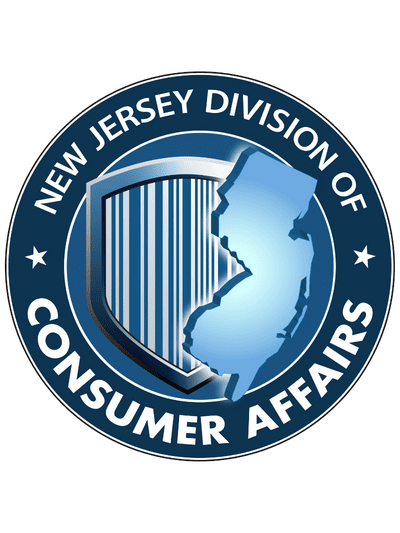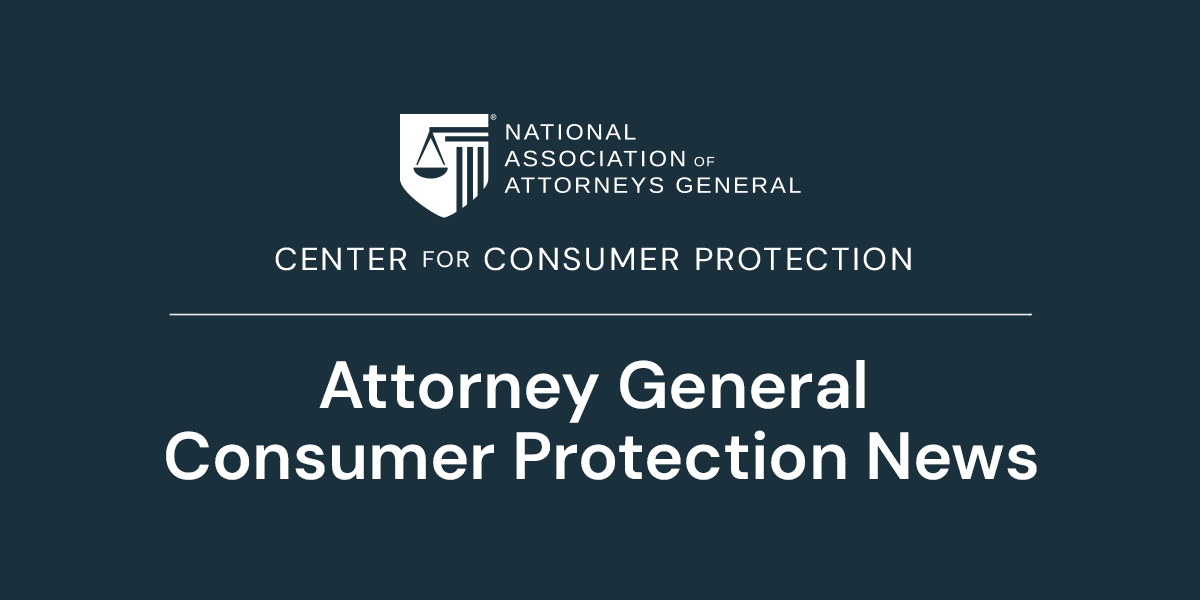Gift card scams have cost consumers hundreds of millions of dollars in recent years, and the reported losses continue to rise. To protect New Jersey consumers from this increasingly common form of fraud, the Division of Consumer Affairs has issued guidelines requiring retailers that display gift cards for sale to train their employees to recognize and report suspected gift card fraud.
Typically, gift card scams involve fraudsters calling or emailing consumers and tricking them into sending payment through gift cards. Scammers often “spoof” their communications (using phony caller ID information or an email address that may look familiar to the victim) or pretend to be law enforcement, a relative, or friend of the victim so that they appear legitimate.
Gift card fraud is on the rise. According to the Federal Trade Commission (FTC), gift cards were the most commonly reported method of payment in fraud schemes from 2018 to September 2021.1 Reported losses have climbed steadily, from $70.6 million in 2018 to $100 million in 2019 and $115.1 million in 2020. Between January 2021 and September 2021, the FTC received over 39,000 reports of gift card fraud with losses totaling more than $147 million—a 100% increase in losses since 2018.2 So how can someone avoid becoming a victim of gift card fraud and what can states do to stem this tide?
In January of 2022, New Jersey Governor Phil Murphy signed the Stop the Fraud Bill requiring retailers that display gift cards for sale to train employees on how to identify and respond to gift card fraud.3 Accordingly, on April 29, 2022, the New Jersey Division of Consumer Affairs (Division) released these guidelines.
The Division’s guidelines inform consumers and retailers about common gift card fraud schemes, such as:
- Government Agency – Consumers receive calls from individuals claiming to be from government agencies such as the Internal Revenue Service or Social Security Administration and demanding payment in the form of gift cards to prevent the consumer from being arrested or having a social security number frozen;
- Utility – Callers threaten to shut off electric or gas services unless the consumer makes immediate payment in the form of gift cards;
- Merchant Refund – Scammers claim to have “over-credited” a refund and demand repayment for the excess funds in the form of gift cards;
- Technology Support – A tech-support imposter alleges an issue with a consumer’s account, computer, or a data breach and demands payment via gift card in order to fix the problem; and
- Family Emergency – Callers claim to be or to know a relative or friend and seek emergency funds in the form of gift cards to help with bail or some legal or medical emergency. These scammers often target the elderly by posing as the consumer’s grandchild.
The guidelines require training for retail employees, which must be completed by August 1, 2022, or within 45 days of beginning employment, whichever is later. Some of the red flags that employees will be trained to spot are customers buying multiple gift cards, especially with high dollar values, customers who appear distressed, customers who state they are purchasing gift cards to help a family member in need or pay their bills, and customers who take pictures of the gift cards immediately after purchasing them.4 Employees should be trained to take a proactive approach when they suspect gift card fraud – for example, by engaging with the customer and inquiring as to why they are buying the gift cards. Additionally, the training should ensure that employees know how to report suspected fraud pursuant to the employer’s policies and procedures.
New Jersey’s guidelines include best practices for retailers to protect consumers and deter fraud. These best practices include posting signage to warn consumers of gift card fraud; limiting the number and dollar amount of gift cards that may be purchased at one time; limiting the sale of gift cards to registers that are staffed by an employee; and encouraging consumers to pay for gift cards with credit cards, because credit purchases are more easily tracked and cancelled.
For consumers, the guidelines provide tips to help them recognize gift card scams, such as:
- Never use a gift card to make a payment or to transfer money. Government agencies and legitimate businesses will never ask you to pay with gift cards;
- Avoid sharing gift card information—including via phone, text, email, or photo—to pay bills or fees, or to fix any other problem;
- Verify that urgent requests or emergencies that involve family, friends, or co-workers are real by calling the person directly to confirm they need your help;
- Hang up on any caller who tells you to lie to a store clerk about why you are purchasing gift cards;
- Keep the receipt or the gift card ID number to file a report if you lose the gift card or suspect fraud; and
- Before you buy gift cards, check for package tampering, including a visible PIN, which could be signs the gift card is compromised.
New Jersey is proud to have one of the nation’s strongest sets of consumer protection laws and to be proactive in its efforts to combat fraudulent behavior in the marketplace. Through the Stop the Fraud Bill, New Jersey’s Division of Consumer Affairs was able to develop a set of guidelines and best practices that merchants and consumers across the country can look to as a model. Educated consumers will be in a better position to avoid gift card fraud, and trained retail employees can serve as the front line in identifying and thwarting these scams.
Other articles in this edition include:
- Consumer Chief of the Month
- Attorney General Consumer Protection News: May 2022
- Federal Consumer Protection News: May 2022

- FTC Data Spotlight, December 2021. [↩]
- Id. [↩]
- N.J.S.A. 56:8-110.1-.2. [↩]
- Another type of gift card fraud involves scammers taking pictures of gift cards prior to purchase and activation. The scammers monitor the balance of the card online and transfer the funds once the gift card has been purchased and activated. Although this is not the type of scam directly addressed by the guidelines, consumers and retailers should be aware of this practice. [↩]





